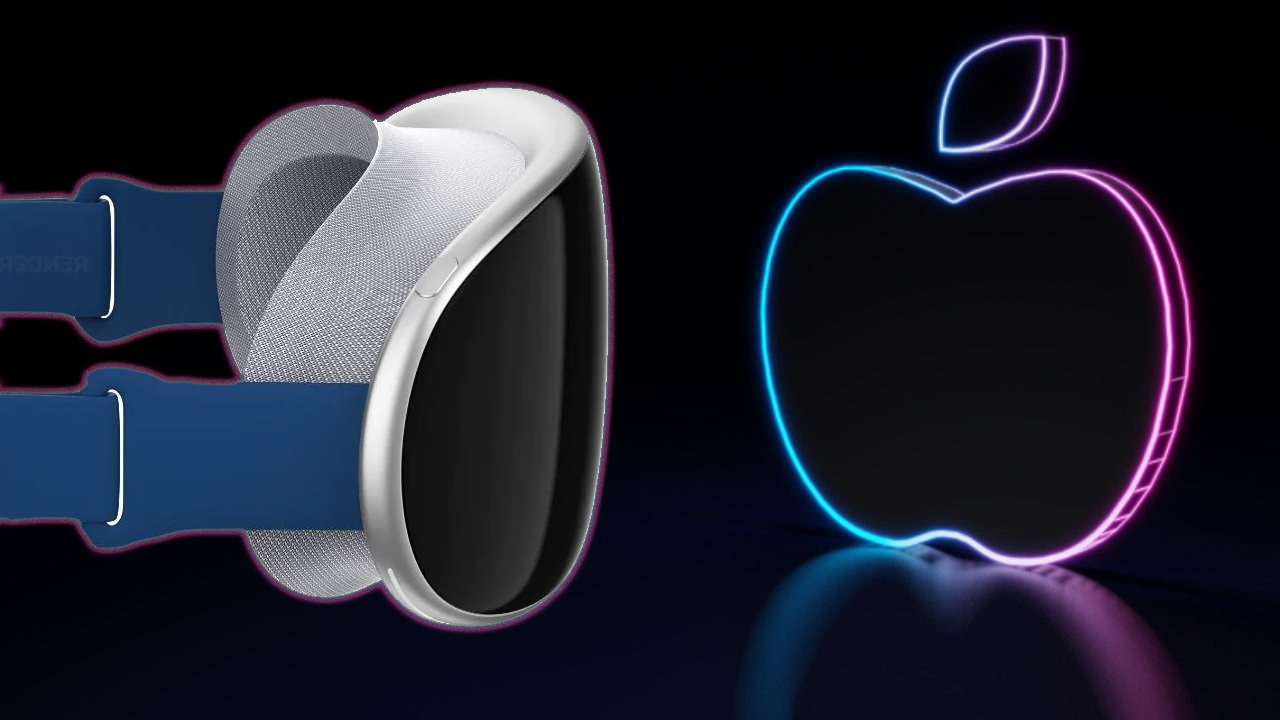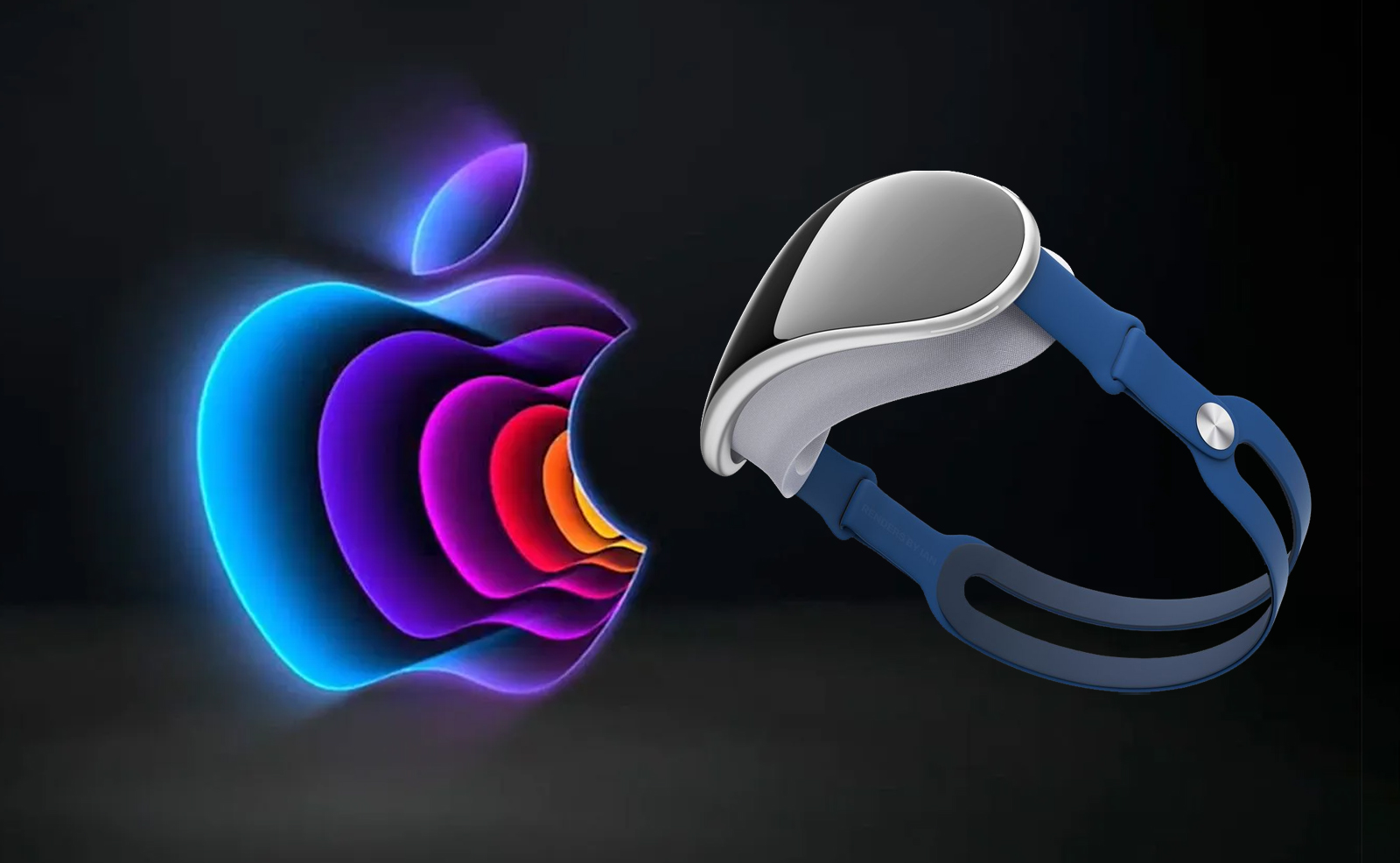Apple’s Reality Pro VR headset is the future, which is why you shouldn’t buy it
The best Reality headset is still years away.

When it comes to new Apple hardware, I’m usually first in the queue – sometimes literally, as in the case of the very first iPhone. I bought the first-generation Apple Watch, the first-generation iPad, and the first-generation Apple silicon-powered MacBook Pro too.
So you’d expect me to be hoarding coins in anticipation of the Reality Pro headset, which we’re expecting to see at WWDC 2023. But I’m not. I’m sitting this one out, and I think you should sit this one out too.
Reality hasn't bitten yet
I really think that Apple’s AR/VR headset is the future of computing, or at least one facet of computing. I can happily spend all day imagining potential uses for it, especially in AR: it has incredible possibilities in education, employment, in entertainment, and in helping me remember people’s names when I bump into them in the street. But the first-generation Reality Pro has some significant drawbacks that are deal-breakers for me.
I’m writing this as somebody who’s already invested in two VR headsets, the Oculus Quest and the original Sony PSVR. And both of them have spent significantly more time on the shelf than on my face. They’re both impressive bits of technology, but their novelty wore off incredibly quickly because they are essentially the wearable versions of the 3D TVs everybody was flogging around 2010.
It’s worth recalling that 3D TV ultimately bombed for three key reasons. The first was that the tech was awkward, requiring horrible glasses that got awfully uncomfortable when you wore them for more than a few minutes. The second was that the experience simply didn’t deliver on its promises, because even the biggest 3D TV was a postage stamp compared to a cinema screen. And the third was the most important one: there simply wasn’t enough good 3D content.
It’s the same with VR now. I can count the PSVR2 games I want to play on the fingers of one finger, and every non-gaming experience I’ve had on a headset has been mildly entertaining for a very short period of time: “Oh look, it’s a TV screen but it appears to be floating. Anyway…” That perhaps helps explain why Sony’s already struggling with the PSVR 2, a hugely expensive headset that isn’t doing hugely impressive sales.
Everything that’s leaked so far about the Reality Pro makes me feel that similarly underwhelming experiences are coming.
Master your iPhone in minutes
iMore offers spot-on advice and guidance from our team of experts, with decades of Apple device experience to lean on. Learn more with iMore!
Mail in VR! Books in VR! Pages in VR! Apple Music in… you get the idea. As much as a 3D iPadOS is intriguing and probably fun for a little while, nothing I’ve heard so far screams “killer app”.
That’s a big enough problem when you’re Sony’s PSVR 2, which is struggling to sell at a price tag of $549/£529. But Apple’s headset is rumored to cost six times that amount.

Searching for the killer app
I think the first-generation Reality Pro is an experiment. Many experiments are best done in a lab somewhere, but Apple’s lab for this device is the face of first-generation headset buyers. I’m sure when Tim Cook talks about it he’ll use the usual superlatives: it’ll be magical, incredible, amazing. But he probably won’t use two words I think are probably more accurate: dev kit.
In gaming, dev kits are bought by game developers far in advance of a new console release. That early access to the hardware and OS enables them to craft games for the upcoming console, and to learn its secrets and its quirks long before the general public gets their hands on it. And the Reality Pro sounds very much like that, with Apple hoping that developers will be so inspired by its potential that they’ll develop the killer apps that’ll drive consumer demand.
I am absolutely sure they will, and that some truly terrific apps will come from this to make their developers tons of money and deliver tons of fun for us. But not yet.
There’s an old saw in tech, which is that you should never buy version 1.0 of a product. That really dates back to the reign of Windows, when it was a pretty safe bet that any Windows app’s version 1.0 would be an unholy mess. But Apple’s not immune either. The first iPhone lacked a whole bunch of really basic features and probably would have bombed had it been any other firm’s phone. The iPad launched without anyone really knowing what it was for. The first Apple Watch was arguably a triumph of style over substance.
All three of those products evolved dramatically in a very short space of time to become the world-beating products we love today, and I’m sure the Reality headset has the potential to do the same. But it’s a 1.0 product with a really high price, and the smart thing for most of us to do is to wait a couple of years for Apple to improve the hardware (and cut the cost) and developers to find the killer apps.
I’m as guilty of this as anybody else: the frenzied nature of online tech writing today, and Apple tech writing in particular, means that every new product is treated like it’s the Second Coming. But I think we need to cool the headset hype, because I think a lot of non-developers are expecting the Reality Pro to be the next big thing. And I think if they drop $3,000 on it they’re going to be awfully disappointed. This one’s the trailer, not the main event.
Writer, broadcaster, musician and kitchen gadget obsessive Carrie Marshall (Twitter) has been writing about tech since 1998, contributing sage advice and odd opinions to all kinds of magazines and websites as well as writing more than a dozen books. Her memoir, Carrie Kills A Man, is on sale now. She is the singer of the Glaswegian rock band HAVR.
